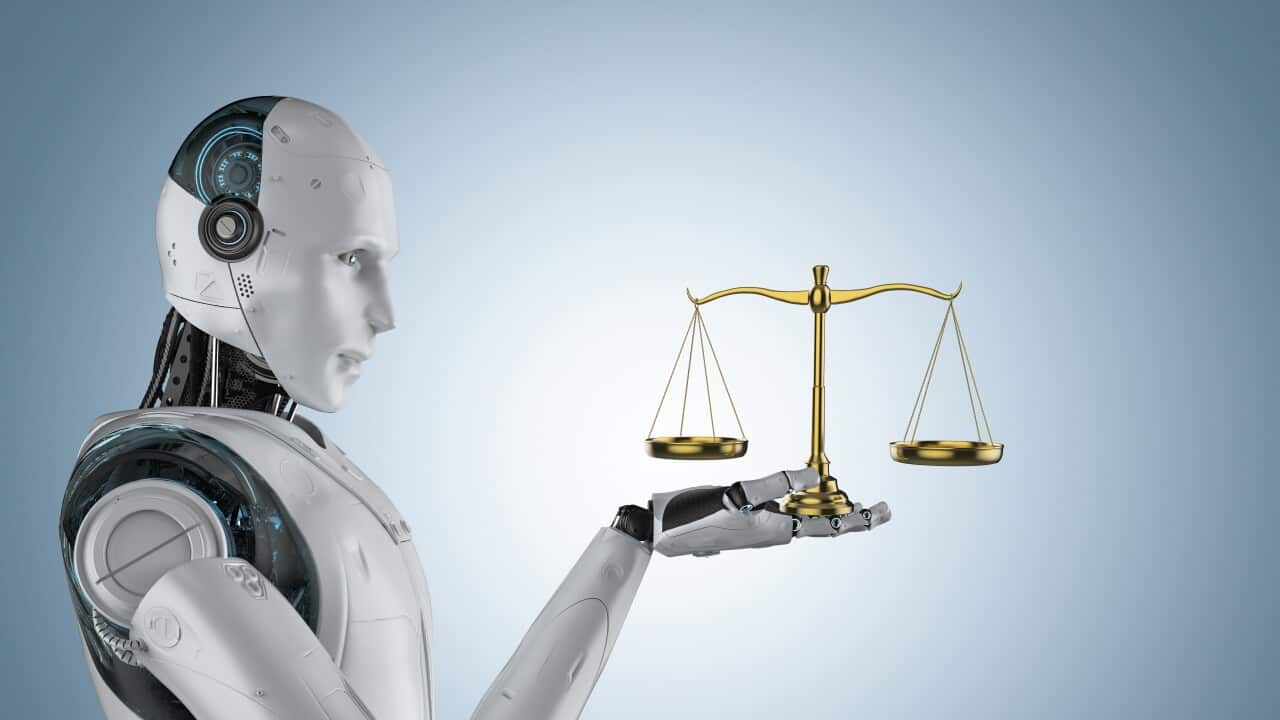DoNotPay, a startup that developed the world’s first robot lawyer, is facing a class action lawsuit for allegedly practicing law without a license in the United States. The Chicago-based law firm, Edelson, filed the lawsuit on behalf of Jonathan Faridian, who used DoNotPay to draft legal documents, including a job discrimination complaint, demand letters, and small claims court filing.
DoNotPay, founded in 2015 as an app to help customers dispute parking tickets, now offers legal services using artificial intelligence (AI) to assist customers in fighting corporations, finding hidden money, and suing anyone. However, the lawsuit alleges that DoNotPay is not a robot, a lawyer, or a law firm, does not have a law degree, is not barred in any jurisdiction, and is not supervised by any lawyer.
DoNotPay’s CEO, Joshua Browder, and his company have defended AI’s ability to take up the law profession, describing it as an alternative and inexpensive solution to lawyers. But the lawyers have accused the company of being a technology firm that manipulates users and acts like a lawyer.
The court warned against using DoNotPay’s AI in its first court appearance on February 22, and the lawsuit also includes comments from several customers who complained about paying more than double the amount they should have paid to the court because of AI's advice.
The lawsuit alleges that there would have been no problem if DoNotPay described the AI as a “legal adviser” instead of a lawyer, but the company deliberately lied to market this software in a manipulative way.
DoNotPay's AI received more than 90% bad reviews on the internet and social media, prompting the lawyers to accuse the CEO of fraud by persuasion and informatics fraud.
Is DoNotPay’s robot lawyer the future of legal practice, or is it a fraud? The lawsuit raises important questions about the role of AI in the legal profession and the limits of its capabilities. While AI can assist in certain legal tasks, it cannot replace the legal expertise, ethical considerations, and emotional intelligence of a human lawyer.
As the legal profession continues to evolve, it is important to ensure that AI-based solutions comply with legal and ethical standards and are transparent about their capabilities and limitations. The lawsuit against DoNotPay’s robot lawyer serves as a reminder that innovation should not come at the cost of consumer protection and the integrity of the legal profession.


No comments:
Post a Comment